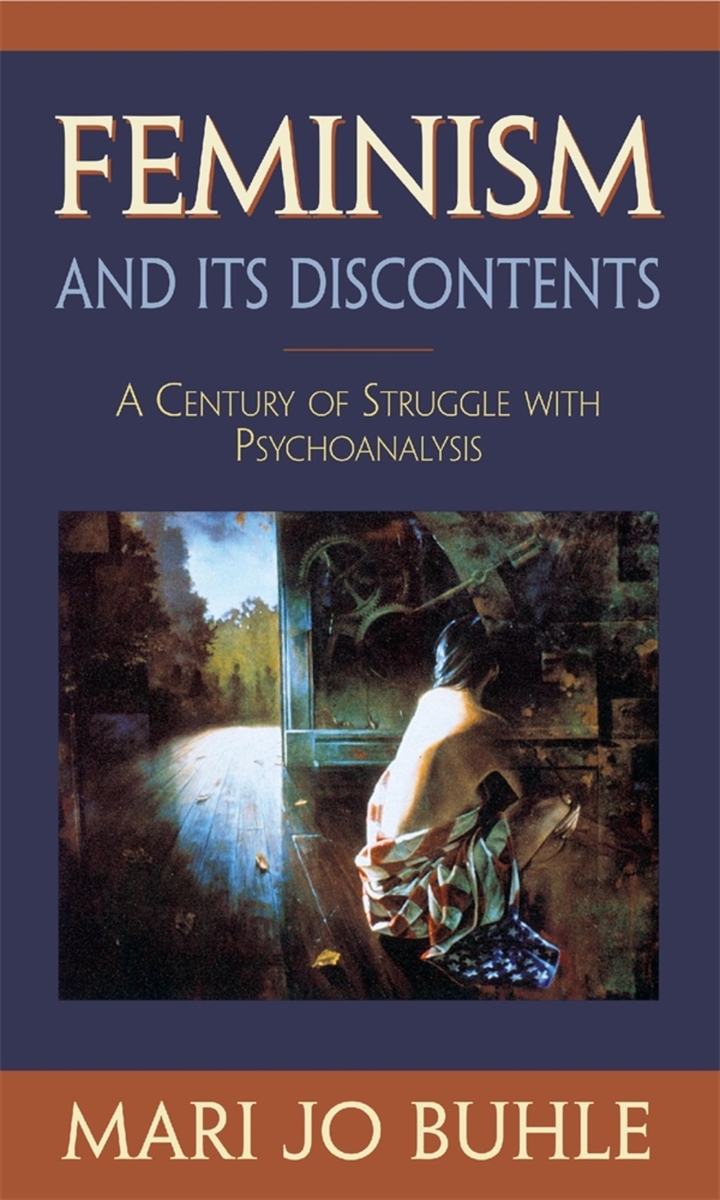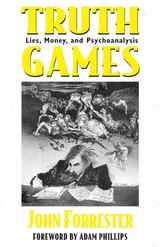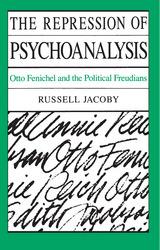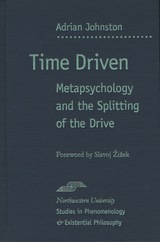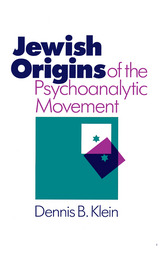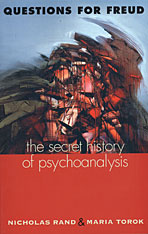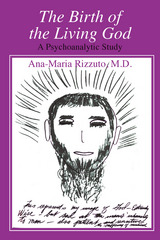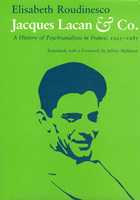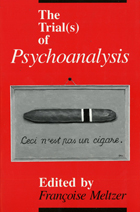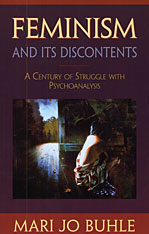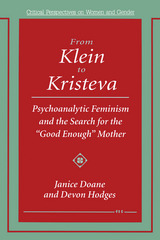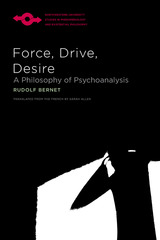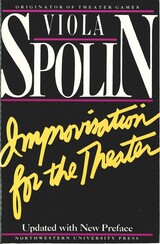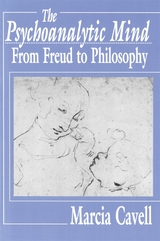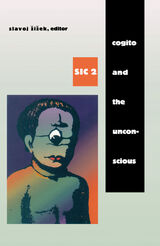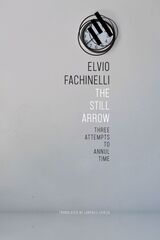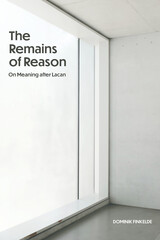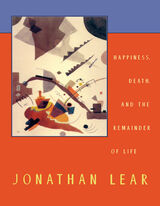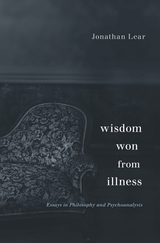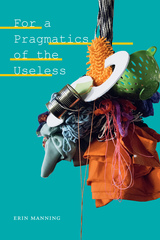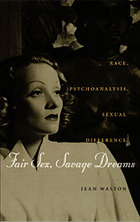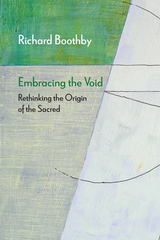Where some feminists have been hostile to psychoanalysis, and some psychoanalysts have been hostile to feminism, Buhle, a MacArthur Fellow and professor at Brown University, finds them linked in their quest to understand selfhood, gender identity, family structures and sexual expression...Feminism and Its Discontents is an excellent guide to the history of these ideas...The struggles of feminism and psychoanalysis may be cyclical, but they are far from over, and far from dull.
-- Elaine Showalter Washington Post Book World
Buhle's project is to uncover the 'continual conversation' that feminism and psychoanalysis have had with one another, to show how they are mutually constitutive. By charting the exchanges between psychoanalysis and feminism, Feminism and Its Discontents corrects the common impression that feminist criticisms fell on deaf, if not disdainful, ears. Buhle takes pains to detail how feminists and their opponents inside and outside psychoanalysis have set the terms for key debates...Buhle is an animated and engaged storyteller. The story she tells--covering nearly a century of the vicissitudes of psychoanalysis and feminism--is full of twists and turns, well-chosen anecdotes and occasional double-crosses. The cast of characters is inspiring, exasperating, remarkable, mercurial, colorful and sometimes slightly loony. Buhle draws them with sympathy and a keen eye for the evocative detail...Buhle writes with zest, touches of humor and energy. Her style is witty and readable...It is no mean feat to avoid ponderous and technical language when writing about psychoanalysis, but she manages it...All told, psychoanalysis and feminism, sometimes in tandem and sometimes at arm's length, have made vital contributions to the question of female selfhood. The 'odd couple' of our century, they share a large part of the responsibility for our particular form of self-consciousness and for the meaning of individuality in modern society. Mari Jo Buhle deftly illuminates how together they advanced the ambiguous and radical project of modern selfhood.
-- Jeanne Marecek Women's Review of Books
Feminism and Its Discontents sets out to unravel the wondrously complex love-hate relationships between--and within--feminism and psychoanalysis, which it sees as the two most important movements of modernity...The twists and tensions in that relationship highlight the continuous arguments around sexual difference and their entanglement in the messy conflicts in women's lives between motherhood and careers, self-realization and gender justice...Buhle leads her readers through the repeated battles over feminism, Freudianism and female subjectivity with exceptional clarity and care. Her book will...serve as a reliable introduction for those who have scant knowledge of the historical ties binding feminism to psychoanalysis [and] is also useful for those...who wish to remind themselves of what they thought they already knew, but may well have forgotten.
-- Lynn Segal Radical Philosophy
Feminism and Its Discontents adds a novel and welcome twist to [the Freud] conversation, the proposition that feminism was so central to Freud's Americanization that the quest for gender equality can be credited with turning psychoanalysis into what we imagine it always was: an enterprise centered on femininity and female sexuality...[Buhle's] assertions are as enticing as they are controversial...The book [is] as relevant for students of feminist politics as for scholars interested in the history of psychoanalysis itself.
-- Ellen Herman Journal of American History
Buhle provides a masterful and exhaustive narrative of the mutually reinforcing rise of psychoanalysis and feminism in the US. In doing this, she debunks the commonly held perception that psychoanalysis and feminism have had a primarily antagonistic relationship. Her book will interest anyone, whether scholar or educated lay reader, interested in American cultural or social history or the historical relationship between psychoanalysis and feminism.
-- Mary Ellen Ross Religious Studies Review
[Buhle] bases her intriguing and expansive historical study on the premise that feminism and psychoanalytic theory, each in its own way concerned with understanding the 'self,' developed in continuous dialogue with each other. The author's captivating, energetic writing style reflects the often spirited, surprisingly tenacious relationship of these two theories--from their emergence as 'unlikely bedpartners of Modernism'; through the shifting intellectual patterns of this century and the insidious mother-blaming of the '50s; to the contemporary postmodern paradigm of subjectivity and selfhood. Combining thorough research and incisive analysis, Buhle examines the ongoing discourse among Freudian, new-Freudian, and feminist theorists throughout the century as well as the endless fascination of popular culture with the questions of biology versus culture, difference versus equality. A vital addition to both women's studies and psychology collections.
-- Grace Fill Booklist
Buhle has bridged the void between feminism and psychoanalysis with a historian's thorough and penetrating interpretation of theories and thoughts implicit in 20th-century liberation movements. The introduction is clearly developed and carefully documented...Each [chapter] is skillfully organized with extensive references and notes to motivate the astute scholar...There is no question that Buhle has adeptly used a multidisciplinary approach to present ideas and thoughts that give contemporary feminists and post-Freudians another opportunity for dialogue on the terms 'difference' and 'equality.'
-- G.M. Greenberg Choice
Feminism and Its Discontents covers a dazzling spectrum of thinkers and polemicists, ranging from Charlotte Perkins Gilman to Barbara Ehrenreich, with admirable clarity and succinctness. [Buhle's] reach in terms of American [and French] classical, neo-, and post-Freudian writing by men and women on women's psychosexual development is equally impressive...Few scholars would attempt a comprehensive intellectual history on such a charged topic. Buhle has done so in this informative scholarly feat.
-- Kirkus Reviews
An exhaustively researched and accessibly written account of the intersections and collisions between [psychoanalysis and feminism]...Buhle chronicles the gyrations of history and assesses how social theory influences culture and vice versa. The result is far-reaching, and she is at her best when reflecting on how the mainstream accommodates and interprets the scholarly. Overall, the text promises a lively overview of the mutual benefits derived from a critical coalition between psychoanaylsis and feminism. Highly recommended for all libraries.
-- Eleanor J. Bader Library Journal
Feminism and psychoanalysis have each been defining moments of this now fading century, and in their tangled relations lie some of its main preoccupations. It takes a historian’s eye to unravel this story, and one with the breadth, sympathy, insight, and wit of Mari Jo Buhle to do it justice. Feminism And Its Discontents will undoubtedly stand as the definitive study of the encounter between these two great movements.
-- Joel Kovel, Bard College, author of Red Hunting in the Promised Land
